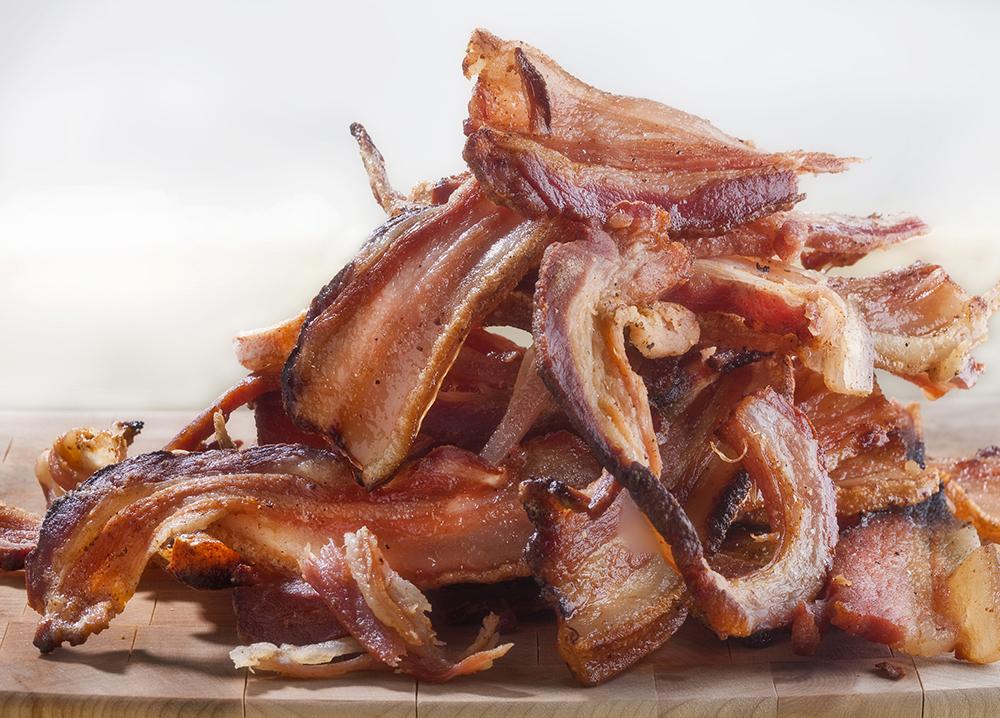Researchers discover seaweed that tastes like bacon and is twice as healthy as kale
‘When you fry it, which I have done, it tastes like bacon, not seaweed’

Your support helps us to tell the story
This election is still a dead heat, according to most polls. In a fight with such wafer-thin margins, we need reporters on the ground talking to the people Trump and Harris are courting. Your support allows us to keep sending journalists to the story.
The Independent is trusted by 27 million Americans from across the entire political spectrum every month. Unlike many other quality news outlets, we choose not to lock you out of our reporting and analysis with paywalls. But quality journalism must still be paid for.
Help us keep bring these critical stories to light. Your support makes all the difference.
[This article was originally published in 2016]
Researchers at Oregon State have patented a strain of seaweed that tastes like bacon when it's cooked.
The seaweed, a form of red marine algae, looks like translucent red lettuce. It also has twice the nutritional value of kale and grows very quickly. Did we mention it tastes like bacon?
According to Oregon State researcher Chris Langdon, his team started growing the new strain while trying to find a good food source for edible sea snails, or abalone, a very popular food in many parts of Asia. The strain is a new type of red algae that normally grows along the Pacific and Atlantic coastlines.
But Langdon realized he had his hands on something with a lot more potential when his colleague Chuck Toombs visited his office and caught a glimpse of the growing seaweed. Toombs said he thought the bacon-seaweed had "the potential for a new industry for Oregon," he told Oregon State in a press release.
Toombs then began working with the university's Food Innovation Center, which created a range of foods with the seaweed as its main ingredient.
Langdon said no US companies grow red algae for people to eat, but the seaweed had been consumed by people in northern Europe for centuries.
"This stuff is pretty amazing," Langdon told OSU. "When you fry it, which I have done, it tastes like bacon, not seaweed. And it's a pretty strong bacon flavor."
Though no analysis has been done yet to find out whether commercializing the bacon-seaweed would be practical, the team thinks the vegan and vegetarian markets may be interested. Toombs' MBA students are hard at work on a marketing plan for a new line of specialty foods.
Some red algae is sold in the US now, but it is a different strain from the one harvested at OSU. Langdon says he is growing about 20 to 30 pounds of the stuff a week, but he plans to more than triple the production.
Join our commenting forum
Join thought-provoking conversations, follow other Independent readers and see their replies
Comments